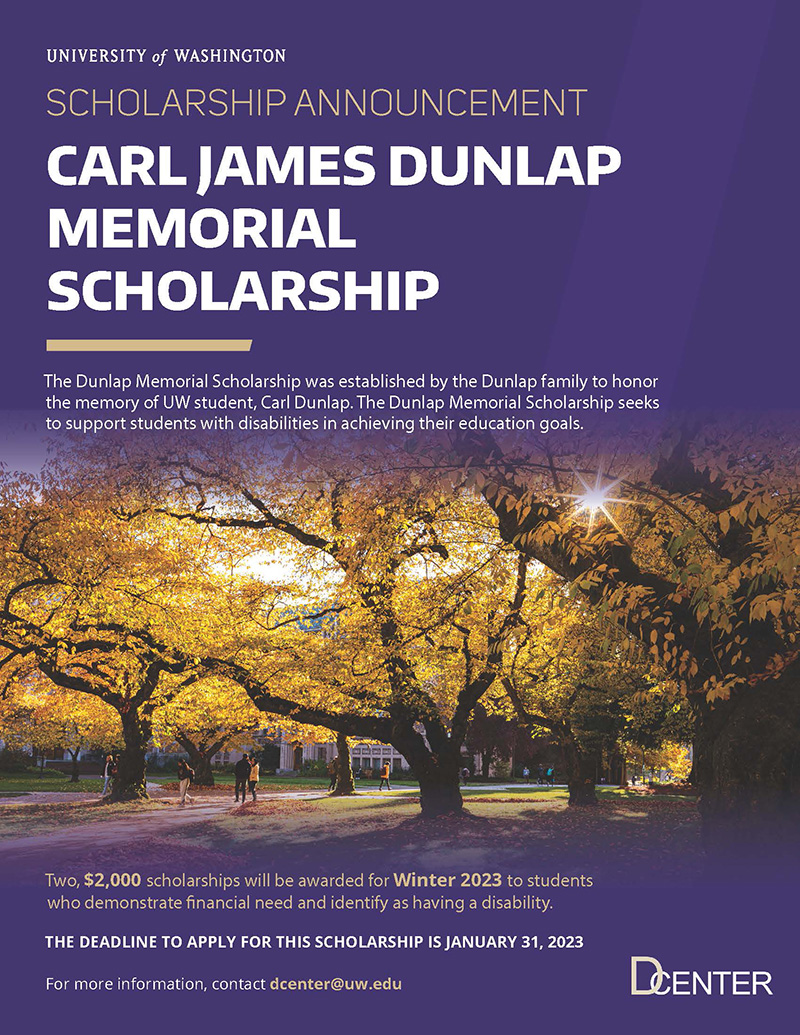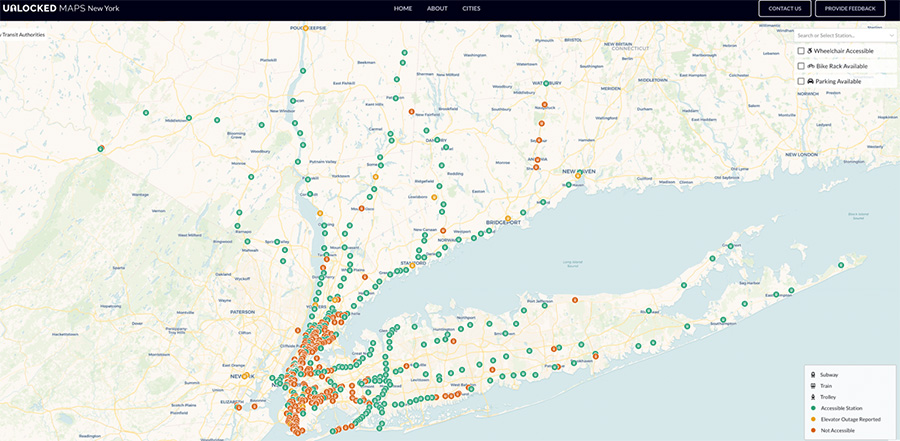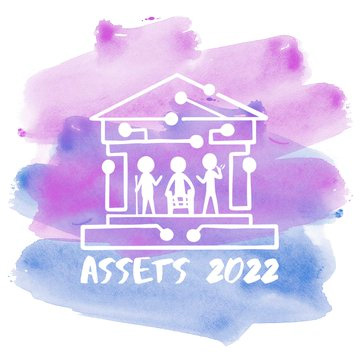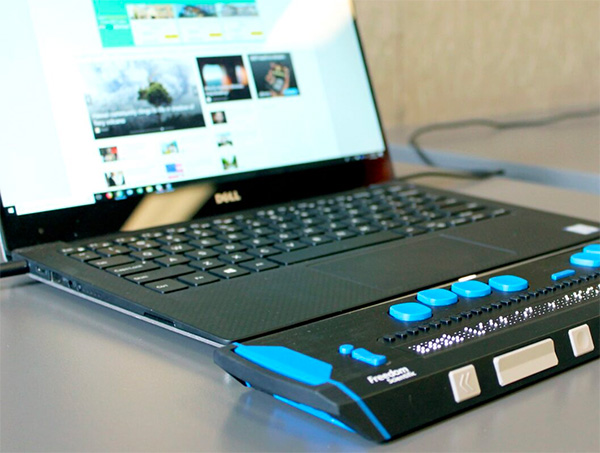December 16, 2023 People with low vision (LV) have had fewer options for physical activity, particularly in competitive sports such as tennis and soccer that involve fast, continuously moving elements such as balls and players. A group of researchers from CREATE associate director Jon E. Froehlich‘s Makeability Lab hopes to overcome this challenge by enabling LV individuals to participate in ball-based sports using real-time computer vision (CV) and wearable augmented reality (AR) headsets. Their initial focus has been on tennis….
Category: student_news
Winter 2023 CREATE Research Showcase
At the December 2023 CREATE Research Showcase, students from CSE 493 and other CREATE researchers shared their work with faculty, students, and community partners.
How an assistive-feeding robot went from picking up fruit salads to whole meals
November, 2023 Training a robot to feed people presents an array of challenges for researchers. Foods come in a nearly endless variety of shapes and states (liquid, solid, gelatinous), and each person has a unique set of needs and preferences. A team led by CREATE Ph.D. students Ethan K. Gordon and Amal Nanavati created a set of 11 actions a robotic arm can make to pick up nearly any food attainable by fork. In tests with this set of actions,…
UW News: Can AI help boost accessibility? CREATE researchers tested it for themselves
November 2, 2023 | UW News Generative artificial intelligence tools like ChatGPT, an AI-powered language tool, and Midjourney, an AI-powered image generator, can potentially assist people with various disabilities. They could summarize content, compose messages, or describe images. Yet they also regularly spout inaccuracies and fail at basic reasoning, perpetuating ableist biases. This year, seven CREATE researchers conducted a three-month autoethnographic study — drawing on their own experiences as people with and without disabilities — to test AI tools’ utility for accessibility. Though researchers…
A11yBoard accessible presentation software
October 30, 2023 | UW News A team led by CREATE researchers has created A11yBoard for Google Slides, a browser extension and phone or tablet app that allows blind users to navigate through complex slide layouts, objects, images, and text. Here, a user demonstrates the touchscreen interface. Team members Zhuohao (Jerry) Zhang, Jacob O. Wobbrock, and Gene S-H Kim presented the research at ASSETS 2023. Screen readers, which convert digital text to audio, can make computers more accessible to many…
Augmented Reality to Support Accessibility
October 25, 2023 RASSAR – Room Accessibility and Safety Scan in Augmented Reality – is a novel smartphone-based prototype for semi-automatically identifying, categorizing, and localizing indoor accessibility and safety issues. With RASSAR, the user holds out their phone and scans a space. The tool uses LiDAR and camera data, real-time machine learning, and AR to construct a real-time model of the 3D scene, attempts to identify and classify known accessibility and safety issues, and visualizes potential problems overlaid in AR. …
Accessible Technology Research Showcase – Spring 2023
The 2023 CREATE and HuskyADAPT research showcase brought 25 project presentations and over 100 attendees.
CREATE’s Newest Ph.D Graduates
June 9, 2023 We’re proud to see these talented, passionate students receive their Ph.D.s and excited to see how they continue their work in accessibility. Alyssa Spomer, Ph.D. Mechanical Engineering Current: Clinical Scientist at Gillette Children’s Hospital, leading research in the Gillette Rehabilitation Department to improve healthcare outcomes for children with complex movement conditions. Elijah Kuska, Ph.D. Mechanical Engineering Plans: Elija will start as an assistant professor at the Colorado School of Mines in the Mechanical Engineering Department in January…
CREATE Ph.D. Student Emma McDonnell Wins Dennis Lang Award
June 6, 2023 Congratulations to Emma McDonnell on receiving a Dennis Lang Award from the UW Disability Studies program! McDonnell, a fourth year Ph.D. candidate in Human Centered Design & Engineering, is advised by CREATE associate director Leah Findlater. McDonnell’s research focuses on accessible communication technologies and explores how these tools could be designed to engage non-disabled people in making their communication approaches more accessible. She has studied how real-time captioning is used during videoconferencing and her current work is…
A11yBoard Seeks to Make Digital Artboards Accessible to Blind and Low-Vision Users
Just about everybody in business, education, and artistic settings needs to use presentation software like Microsoft PowerPoint, Google Slides, and Adobe Illustrator. These tools use artboards to hold objects such as text, shapes, images, and diagrams. But for blind and low vision (BLV) people, using such software adds a new level of challenge beyond keeping our bullet points short and images meaningful. They experience: Screen readers, which were built for 1-D text information, don’t handle 2-D information spaces like artboards…
Accessible eSports Showcase 2023: Event Recap
In April 2023, CREATE hosted its first ever Accessible eSports Showcase event, bringing together members of the CREATE community, local community organizations, tech and games Corporate Partners, and folks from all over the Seattle area looking to learn about and celebrate ongoing strides being made in making video games more inclusive and accessible to people with disabilities. Zillow Commons in the Bill & Melinda Gates Center was transformed into a gamer’s playground with big-screen projections of racing and party games,…
CSE course sequence designed with “accessibility from the start”
March 8, 2023 The CSE 121, 122, and 123 introductory course sequence lets students choose their entry point into computer science and engineering studies, whatever their background, experience, or confidence level. And, as part of the effort to improve diversity, equity, inclusion, and accessibility (DEIA), the courses were designed with “accessibility from the start.” A member of the course development team was a dedicated accessibility expert, tasked with developing guidelines for producing accessible materials: using HTML tags correctly, providing alt…
Postdoctoral Fellowship application open: Accessibility researcher in physical computing and fabrication
CREATE and UW departments are looking for a postdoc researcher to investigate using fabrication and physical computing technologies to address accessibility.
Carl James Dunlap Memorial Scholarship

University of Washington student Carl James Dunlap had a powerful impact on the UW community with his vibrant personality and persistent advocacy for students with disabilities. To honor his legacy, the Dunlap family established the Carl James Dunlap Memorial Endowment. The Dunlap Memorial Endowment seeks to support students with disabilities encountering unique challenges when attending and completing higher education. The D Center is grateful to further Carl’s legacy by awarding two $2,000 Carl James Dunlap Memorial Scholarships to UW students…
UnlockedMaps provides real-time accessibility info for rail transit users

Congratulations to CREATE Ph.D. student Ather Sharif, Orson (Xuhai) Xu, and team for this great project on transit access! Together they developed UnlockedMaps, a web-based map that allows users to see in real time how accessible rail transit stations are in six metro areas including Seattle, Philadelphia (where the project was first conceived by Sharif and a friend at a hackathon), Chicago, Toronto, New York, and the California Bay Area. Shown here is a screenshot of UnlockedMaps in New York. Stations that are…
CREATE Leadership at ASSETS’22 Conference

CREATE Associate Director Jon Froehlich was the General Chair for ASSETS’22, the premier ACM conference for research on the design, evaluation, use, and education related to computing for people with disabilities and older adults. This year, over 300 participants from 37 countries engaged with state-of-the-art research in the design and evaluation of technology for people with disabilities. UW CREATE was a proud sponsor of ASSETS’22. Keynote speaker Haben Girma is the first Deafblind graduate of Harvard Law School and a…
Community Day & Research Showcase 2022
CREATE’s 2nd Annual Community Day was well attended with 100 registered participants and presenters. We’re pleased with the show of strong community, the return to in-person (and also virtual) panel discussions, and a research showcase of 14 project teams. This year’s panels addressed the disproportionate impact of access to assistive technology on children with disabilities in BIPOC and immigrant communities as well as the issues that arise with the intersection of accessibility and biometric technologies. We were honored to host…
CREATE becomes a principal sponsor of HuskyADAPT
CREATE is pleased to be a financial and advisory sponsor of HuskyADAPT, an interdisciplinary community that is dedicated to improving the availability of accessible technology in Washington and fostering conversations about the importance of accessible design. HuskyADAPT is led by a team of UW students and six faculty advisors, including CREATE directors Kat Steele, Heather Feldner, Anat Caspi and Jennifer Mankoff. Open to all to join, their three primary focus areas are annual design projects, K-12 outreach and toy adaptation workshops, where volunteers learn how to…
VoxLens allows screen-reader users to interact with data visualizations

Working with screen-reader users, CREATE graduate student Ather Sharif and Co-Director Jacob O. Wobbrock, along with other UW researchers, have designed VoxLens, a JavaScript plugin that allows people to interact with visualizations. To implement VoxLens, visualization designers add just one line of code. Millions of Americans use screen readers for a variety of reasons, including complete or partial blindness, learning disabilities or motion sensitivity. But visually-oriented graphics often are not accessible to people who use screen readers. VoxLens lead author…
Ph.D. student Ather Sharif targets personalized design, visualizations, ableism
Media sites offer digital graphics for important information such as election polling data, stock market trends, and COVID-19, excluding many users. CREATE Ph.D. student Ather Sharif‘s research on Human-Computer Interaction (HCI) focuses on designing data visualizations to be accessible by people with low vision or who are blind. “We have built a world where people who are blind or have low vision are unable to… participate in the financial world or polling information. We have built technology where we have…